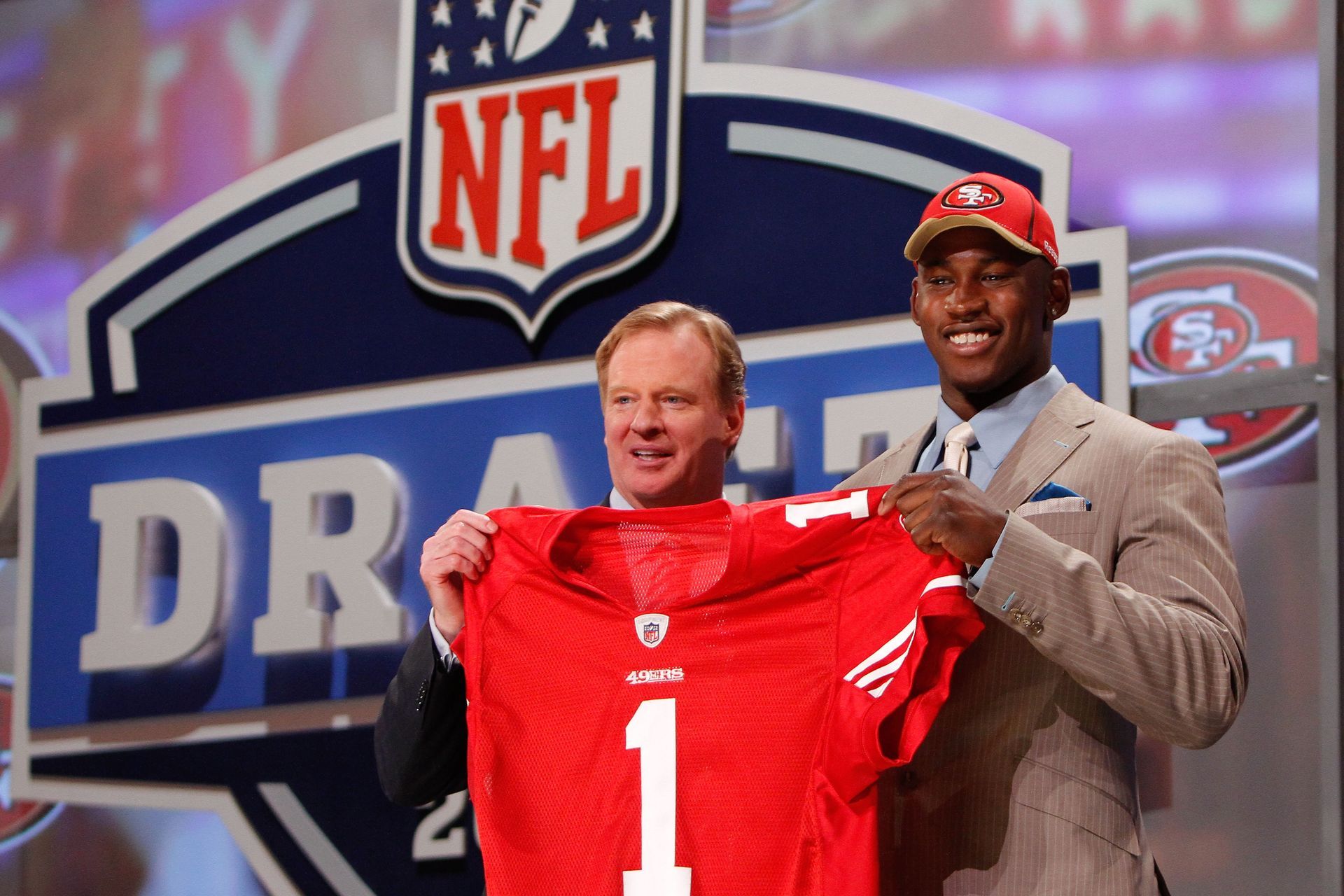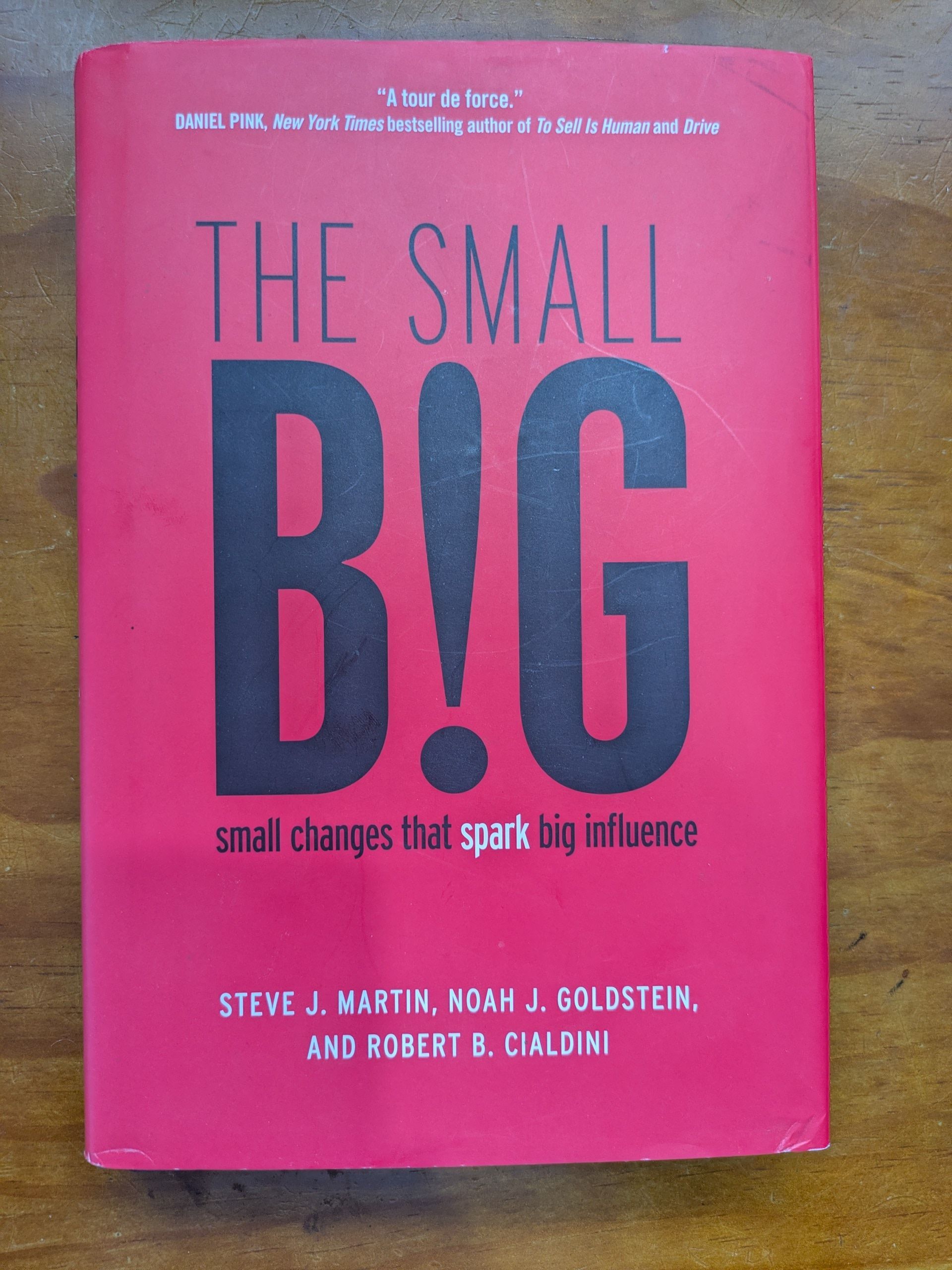The Truth About Gender and IQ—and What It Means for Recruitment
We hope you enjoy reading this blog post!
Fermion is a Wollongong-based HR consultancy that specialises in helping companies across Australia save money through innovative recruitment and retention programs. Let us help your organisation thrive.
Why confidence gets mistaken for competence, and how testing exposes the truth.
When asked to estimate their own intelligence, most people will say they are above average, even though this is a statistical improbability. This is a normal, healthy cognitive bias and extends to any socially desirable trait such as honesty and driving ability, just to name a few. This pattern is so common that it’s known as “the above-average effect”.
Despite people’s tendency to overestimate their own intelligence, individuals vary. Some doubt their intellectual ability while others greatly overestimate their talents. In general, though, when asked to estimate their IQ, men think they’re significantly brighter than they are, while women’s estimates are far more modest.
There are no gender differences in actual IQ
Psychology and intelligence researchers are unequivocal: men and women do not differ in actual IQ. There is no “smarter sex”. However, it was only with the development of objective measures of assessing intelligence that this notion was invalidated.
Historically, women were believed to be intellectually inferior as they had slightly smaller skulls. By the same logic, an elephant or blue whale should be the most intelligent mammals on the planet. Bigger is not necessarily better when it comes to brain size.
In the past century, gender stereotypes have changed. Today, when asked explicitly, most people will agree men and women are equally intelligent.
But there is quite a difference in implicit or unconscious beliefs about gender and intellect.
In a classic social psychology study, researchers asked parents to estimate the intelligence of their children. Sons were rated significantly more intelligent than daughters. This finding has been replicated across the world.
Parental expectations may be particularly important in influencing their children’s intellectual self-image and are also predictive of later academic achievement.
Gender differences in self-esteem might also be an important factor, as people with higher self-esteem tend to see all aspects of their life (including intellectual ability) more positively. Girls and women rate their general self-esteem significantly lower than boys and men. This difference emerges early in adolescence.
However, a recent study found biological sex remained the strongest factor: males rated their intelligence higher than females. Psychological gender was also a very strong predictor, with highly masculine subjects rating their intelligence higher (importantly, there was no association with femininity).
We observe this regularly in our work; male candidates who talk a big game and tell you how smart they are before they do the tests. Conversely, it is rare for females candidates to be so forthright in expressing their own brilliance.
Fortunately, tests give the real answer and sometimes the scores match the big talk, but usually they don’t and the scores are invariably lower than hinted at.
Implications for Recruitment?
Your person doing the screening calls and/or the interview panel, need to be aware of this and not be fooled by the big talk. Look for consistencies and inconsistencies, especially in the context of their work history and resume, to help validate their claims. Conversely, with female candidates perhaps assume there is some humble under-selling going on and encourage your female candidates to brag a bit more.
There are biases and implicit theories that affect all of us working in recruitment, with confirmation bias being the most damaging one. Awareness is the first step, however, even being aware of human biases doesn’t stop them from impacting on decision making. Indeed, a New York Times article in 2014 discussed how gender bias in education can worsen outcomes for both genders, sometimes even when policies aim to address it.
These unstoppable quirks of our behaviour need to be understood and because they are difficult to circumvent, the best approach is to have a recruitment process that factors our biases into account and use them to our advantage.
The only way to do that is to screen, test and then only interview good candidates. When you do this, you can use your instincts, gut feelings and biases to your advantage.
About the Author:
Christopher Apps is an Organisational Psychologist and the owner of Fermion. He stays updated on the latest psychology research and shares evidence-based insights. The focus of Fermion is "Psychometric Testing for Recruitment" and “Recruitment to Retention: How to Select Good Staff & Keep Them”. If you would like to learn how to select good staff and keep them, please feel free to contact us at Fermion.
“Learn from the mistakes of others. You can’t live long enough to make them all yourself.”
Eleanor Roosevelt.





